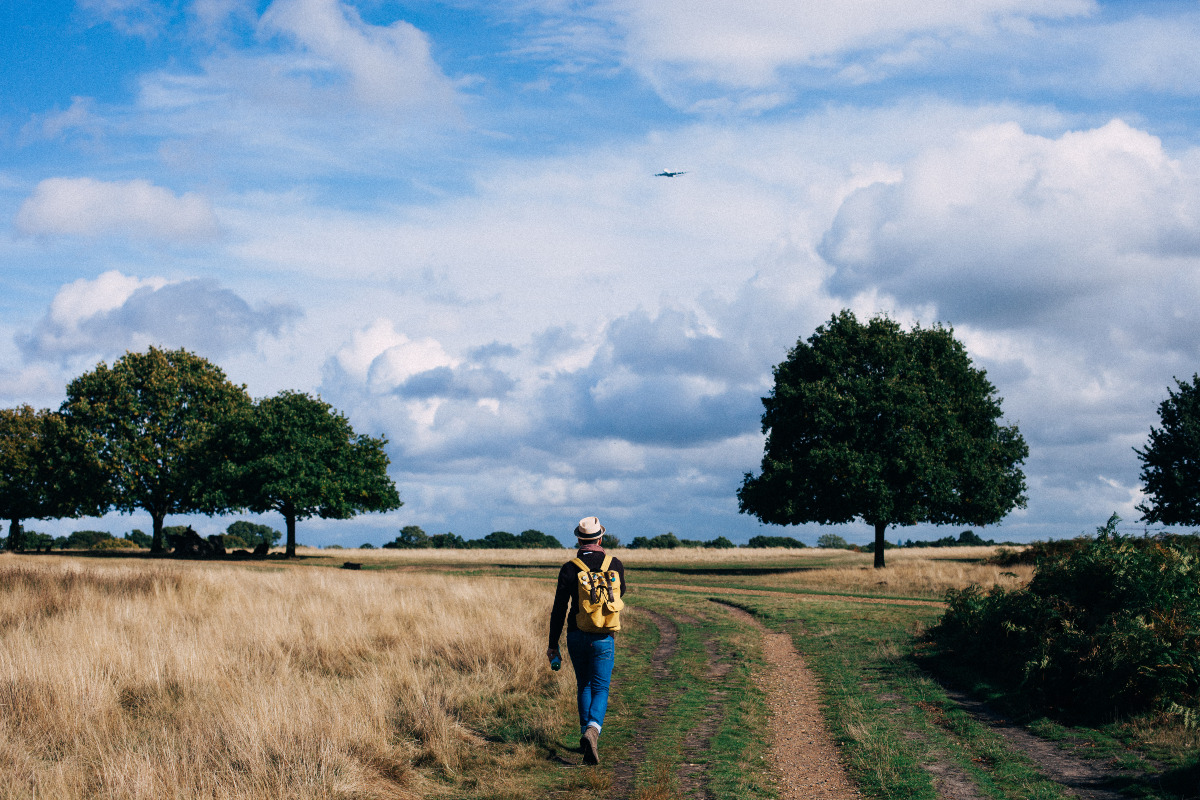
If you have been successfully sober for any length of time, you may be surprised to find yourself still being triggered and having cravings for a substance you gave up a long time ago. Your conscious self has no interest in returning to that life, yet here you are, having a craving that you can’t explain. Recovery is a lifelong process, which means that while triggers and cravings might become fewer and farther between, they never really go away.
What Is a Trigger?
When you are in recovery, a trigger is anything that causes the urge to use a substance. Triggers can be intense or mild and can come from environmental factors or from within yourself. With substance use disorder (SUD), there are two types of triggers, those that happen internally and those that happen externally.
#1 Internal Triggers
An internal trigger comes from inside you. This may stem from a deep need to fit in and be accepted, negative emotions, negative thoughts, or painful memories. If you don’t take care of your mental or emotional health, you may be at risk of internal triggers.
Some internal triggers include:
- Negative emotions
- Negative feelings
- Wanting to feel your old “normal”
- Uncertainty
- “Glass half empty” thinking
- Unrealistic or unmet expectations
- Stress
#2 External Triggers
Your environment can create external triggers. These are places, events, or situations that make you want to use again.
Some external triggers include:
- Stressful situations
- People who cause stress
- People using substances in front of you
- Social situations and events where substances may be
- Financial problems
- Responsibilities
- Reminders of your active addiction
- Celebratory events
Why Triggers Happen
Your brain has come to associate drugs or alcohol with certain people, situations, emotions, or places, meaning encountering those things now can cause you to want to use or drink again. Common causes of triggers include feeling tired, isolated, angry, or even hungry. These four things cause you to be unable to handle normal stress and become more impulsive. Triggers can also be brought on by seeing a substance used or something associated with use. They might even come from being in a place or around people that you associate with drug or alcohol use.
What to Do About Triggers
The first thing to do about triggers is to know what yours are. The second thing to do is have an action plan in place and enact it the minute you feel the subtlest trigger.
Examples of things to include in an action plan include:
- Have an accountability partner you can contact to help you through triggering situations
- Avoid people and places you associate with substance use
- Create an exit strategy for events where you feel triggered
- Learn techniques to manage difficult emotions that cause internal triggers
Is Recovery Work Ever Over?
Your work in recovery is never over. It is important to be diligent and mindful, not to become complacent or lazy in actively pursuing sobriety. SUD is not a sentence for a hard life. The more time in recovery with measurable success bears more success, more achievements, and a fantastic future. The end result is that when you continue to work on your recovery and make new tools into habits, you can achieve all your goals and have a successful future.
Relapse Isn’t Failure
Relapse does not equal failure. SUD is a chronic disease, meaning you are never “cured,” and relapses are possible. Learning to recognize triggers is important because you can’t stop a relapse if you don’t see it coming. However, if you experience a relapse, use it as a learning opportunity to see what triggers led up to the relapse and what you can do to better manage them moving forward.
What to Do if You Relapse
Relapsing is a chance to get more treatment, adjust your action plan, and get back on track. Being in recovery and learning new tools creates triggers — this time positive ones. As you practice using new coping tools and positive behaviors, your responses eventually become automatic and trigger you to repeat the same healthy behavior. Your triggers can create calm rather than anxiety if you know in advance what you will do. Over time, your subconscious will trigger you to continue using the correct tools, and soon, sobriety is your reward.
Recovery is a lifelong journey; it is part of life, and life is a bumpy road sometimes. Relapse is a temporary bump, an opportunity to learn, that tells you that you need to reevaluate and correct course. Looking at it this way makes it easier to readjust things and get back on track. While having a chronic disease can be a challenge, learning new tools, conquering the bumps, and achieving all your goals can be its own reward and make it all worthwhile.
It is essential to identify your triggers in recovery and have an action plan in place to prevent or reverse them. Understanding why and how triggers happen is a big part of your recovery process. Triggers can be complicated to deal with, but the job of learning to work through them is something that will give you power over your future and your thoughts. Knowing how you will handle your triggers gives you the tools to respond in a positive way. With practice and repetition, you will begin to perform the actions necessary to avoid triggers or deal with them when they come by habit. The Guest House helps people understand their triggers and learn to manage them successfully. Keep your goals in the forefront of your thoughts to stay motivated and focused. Call The Guest House today at (855) 483-7800 to learn how we can help you manage triggers.